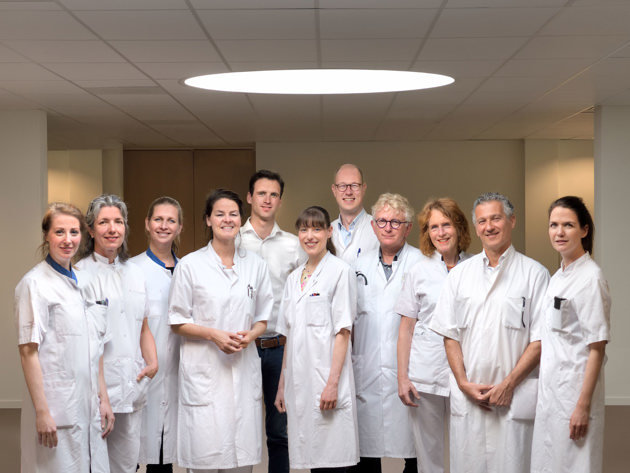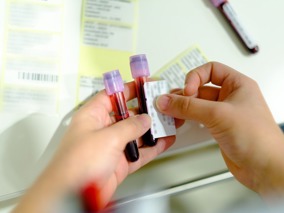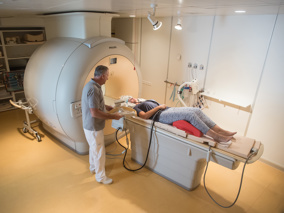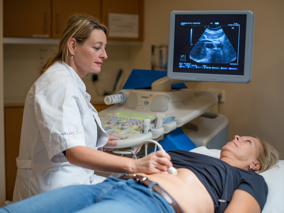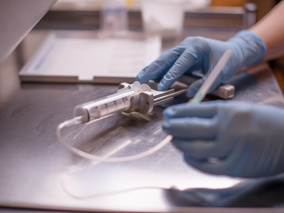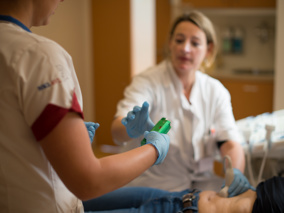Tongue cancer
Tongue cancer is a type of cancer that starts in the cells of the tongue. Tongue cancer usually originates in the flat cells on the outside of your tongue. These tumors are also called squamous cell carcinomas. If tongue cancer is detected in time, the chance of a cure is high.
Cancer in the oral cavity is not common. That is why only a few specialized hospitals treat this disease, for example the Netherlands Cancer Institute. Tongue cancer is more common in men than in women. Most are then over 55 to 64 years old.
On this page you can read more about the symptoms, the examinations and the forms of treatment for tongue cancer.
Learn more about tongue cancer
Causes of tongue cancer
Smoking and alcohol increase the risk of tongue cancer.
Symptoms of tongue cancer
Tongue cancer often feels like a hard lump or bump in the mouth. Possible signs and symptoms are: pain in the mouth and difficulty talking or swallowing.
Waiting
We want to inform you as well as possible about the waiting time per condition. We do this based on a prognosis of the current waiting list. The waiting time can vary from patient to patient for various reasons. Your attending physician will give you more information during your outpatient consultation.
-
5 days
First appointment
This is approximately how long it will take until you have your first appointment
-
5 days
Rapid diagnostics
This is approximately how long it will take before you can start rapid diagnostics at the NKI
-
7 days
Second opinion
This is approximately how long it will take before you come in for a second opinion at the NKI
 nl
nl
